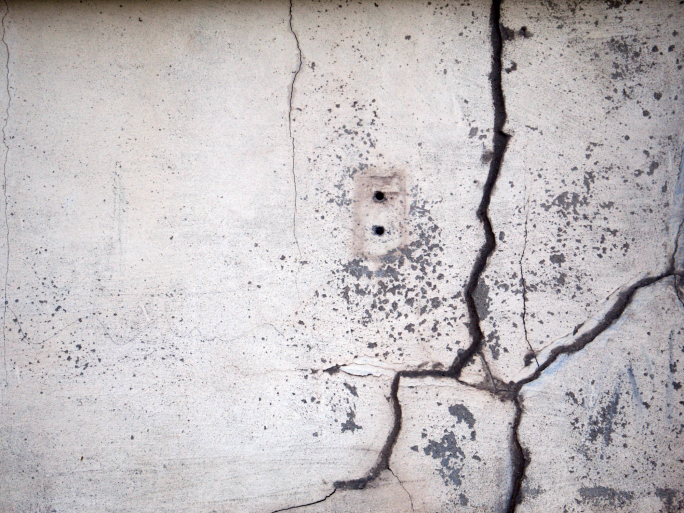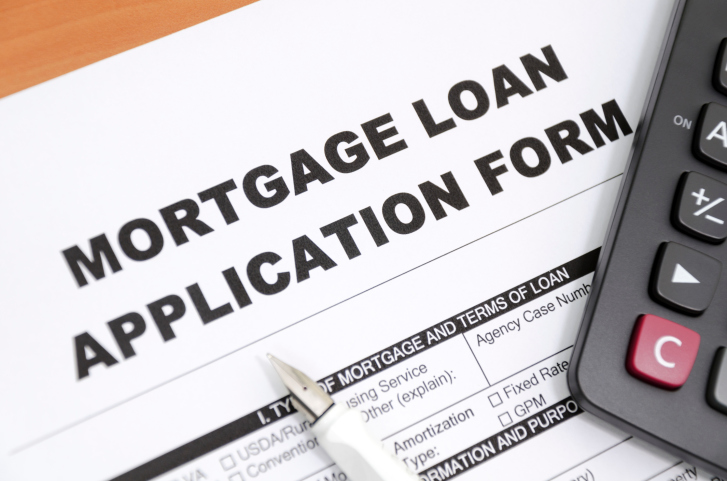Nearing Retirement? Three Reasons Why You Might Consider a ‘Reverse Mortgage’
 If you are nearing retirement, a reverse mortgage might be right for you. This type of mortgage essentially allows you to turn your home equity into cash. If you find yourself with little money, a reverse mortgage could be the perfect solution, and here’s why.
If you are nearing retirement, a reverse mortgage might be right for you. This type of mortgage essentially allows you to turn your home equity into cash. If you find yourself with little money, a reverse mortgage could be the perfect solution, and here’s why.
No Worries About Monthly Payments
After taking on a mortgage, there are many costs that you have to worry about. One of these problems is mortgage insurance premiums. Add interest and fees from lender service providers to the mix, and you’ve got yourself many costs.
All of these fees can create tremendous headaches, as a large chunk of the loan amount goes into covering these costs.
When you undertake a reverse mortgage, you don’t have to worry about any of that. The loan is paid back with home equity, not ongoing cash flow, so monthly payments aren’t a worry.
Your Income Won’t Affect Your Eligibility, And The Income You’ll Get Won’t Create Problems
If the reason you’re hoping to get a reverse mortgage is your low income, the last thing you want is that income to be the deciding factor. With this type of loan, it’s not an issue. That’s because the thing that determines eligibility is your house’s value.
In fact, the income you’ll be getting from this loan is not taxable, which means you’ll be able to keep it in full. Plus, any benefits you get from Medicare will not be affected, and neither will your Social Security.
As such, what you’ll be getting is a loan that doesn’t take into account your current income. Rather, it adds on to it, without creating any issues for you. Plus, you’ll be able to get the money in several different ways, which means you’re in control.
Lastly, the money you get is fully yours. That means that you can use it for anything you want, whether that means you’ll be paying off other loans, or simply funding your day-to-day needs.
You Won’t Be Taken Away From Your Home
Your house is yours because it feels that way. It’s the place in which you’ve invested money and effort. It’s also the place where many loved memories were created, and where they’ll keep on being created.
One of the hardest things for the elderly is being removed from their loved homes and placed into care. They have to leave the place they’ve grown to love. Worse than that, they’re thrown into a world they don’t know.
With a reverse mortgage, this doesn’t need to happen. With this type of loan, you get additional income, and you get to stay in your own house.
Not only that, but you’re also keeping the title to that place until you move, pass away, or reach the end of the loan’s term. Your home will stay yours, both effectively and in the documents.
There are many more reasons why a reverse mortgage is a great idea. However, the fact that you’re in complete control of the income you’ll be getting is one of the most important things.
If you’d like to learn more about reverse mortgages, be sure to contact your mortgage professional.
 When purchasing a home, there are a number of considerations that need to be taken into account. One of those considerations is the foundation of the home. No matter how perfect or suitable a property looks, taking the time to properly inspect the property for foundation problems can save you thousands of dollars in repairs later on.
When purchasing a home, there are a number of considerations that need to be taken into account. One of those considerations is the foundation of the home. No matter how perfect or suitable a property looks, taking the time to properly inspect the property for foundation problems can save you thousands of dollars in repairs later on. When taking on a new mortgage, it is important to know that you can afford to carry the debt load involved, as many people find themselves in financial trouble by spending more on real estate than they can comfortably maintain. Your mortgage budget can be calculated to determine just how much you should spend on your next mortgage.
When taking on a new mortgage, it is important to know that you can afford to carry the debt load involved, as many people find themselves in financial trouble by spending more on real estate than they can comfortably maintain. Your mortgage budget can be calculated to determine just how much you should spend on your next mortgage.